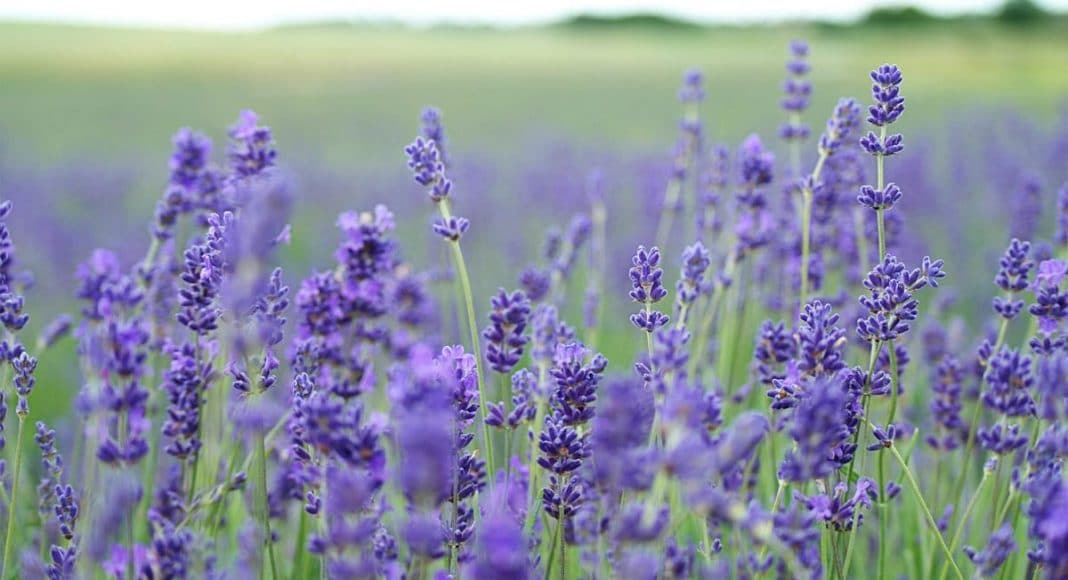Have you ever wondered why some types of weed taste different than others? What gives Purple Goo its lavender flavor while Birthday Cake Kush tastes like, well, birthday cake?
Growers have been creating new flavors of cannabis for decades, but we’re starting to figure out how it works in more scientific terms. Researchers at the University of British Columbia identified 30 “terpene synthase genes” that are responsible for the individual flavor profiles of cannabis strains.
-
Related Story: 5 Every Day Tasks That Are A Little Better With Marijuana
This is similar to how the wine industry grows vines and varietals that have notes of butter, smoke, or chocolate — without actually adding any of those foods and flavors into the wine itself.
“The goal is to develop well-defined and highly-reproducible cannabis varieties,” said Jörg Bohlmann, a professor in the Michael Smith Laboratories and faculty of forestry at UBC. “This is similar to the wine industry, which depends on defined varieties such as chardonnay or merlot for high value products. Our genomics work can inform breeders of commercial varieties which genes to pay attention to for specific flavor qualities.”
-
Related Story: 10 Types Of Marijuana That Can Make You Feel Confident
The genes they identified play a role in producing limonene, myrcene, and pinene in the plants. When your bud smells citrusy, that’s the limonene at work. If it’s more dank, it’s got more myrcene.
Learning more about how weed is grown and flavors are manipulated will be crucial as more states legalize.


